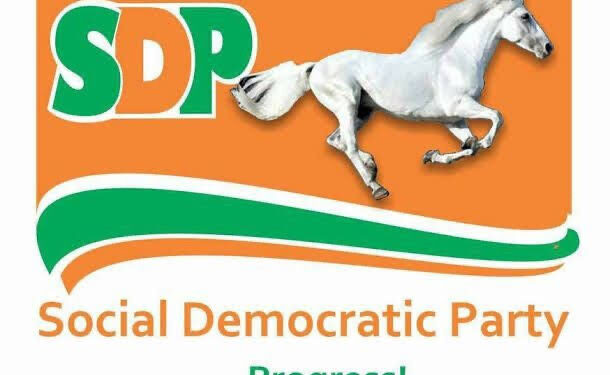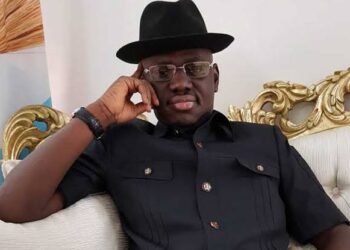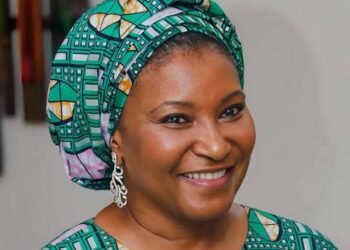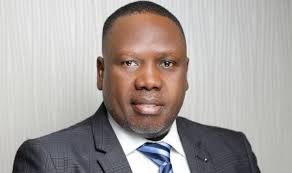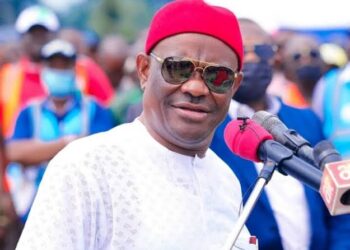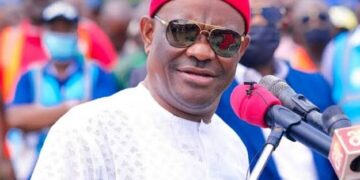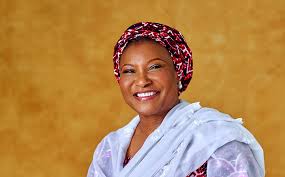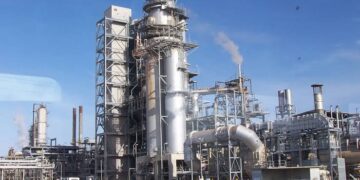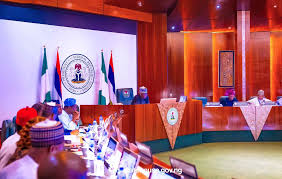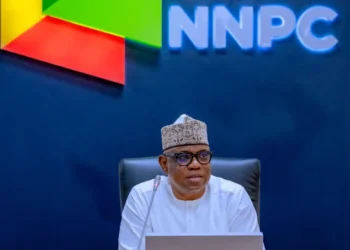The Social Democratic Party (SDP) in Imo State has announced its intention to legally contest the results of the recent local government elections held across the state’s 27 council areas and 305 wards. The party is determined to challenge what it claims were irregularities and misconduct during the electoral process.
In a statement, the SDP criticized the election process, accusing the Imo State Independent Electoral Commission (ISIEC) of violating established electoral guidelines to favor the ruling All Progressives Congress (APC). This position was articulated in a formal petition submitted to ISIEC by the SDP State Chairman, Ifeanyi Henry Eluwa, and made available to the media in Owerri.
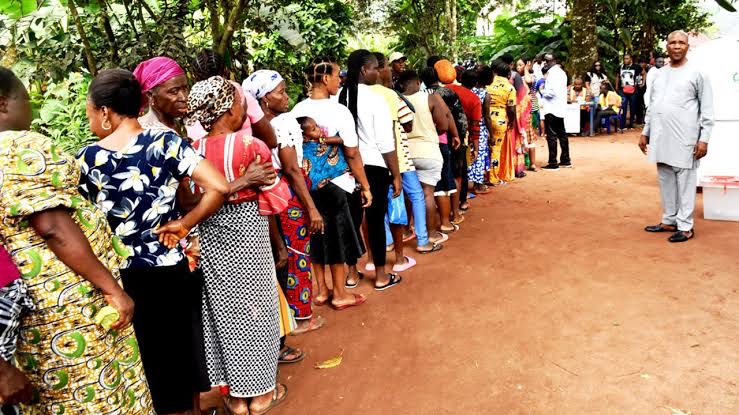
Eluwa expressed strong discontent with the conduct of the elections, stating that no legitimate elections occurred in any polling unit in Imo State. He emphasized that ISIEC’s assertion that elections took place was misleading. “The elections were marred by significant irregularities, and the process did not reflect the will of the people,” he remarked.
He further claimed that the current APC-led administration has contributed to a decline in leadership quality and governance in the state. Eluwa vowed that the SDP would take legal action to contest the allegedly rigged results. “We believe that the elections were not only unfair but also invalid, and we are prepared to fight for justice in court,” he stated.
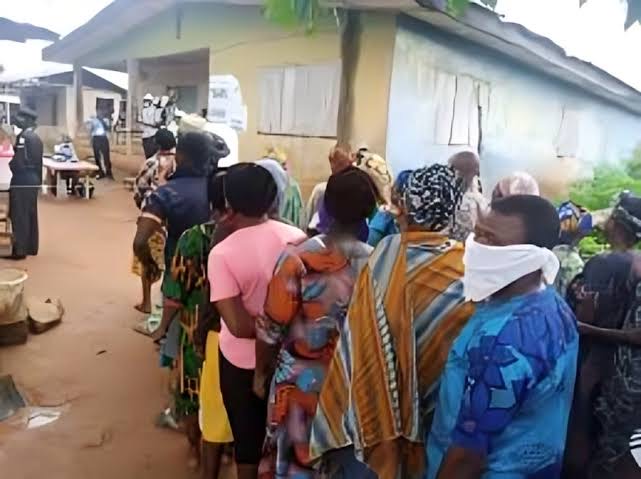
In his petition, Eluwa outlined several specific grievances against ISIEC. He noted that the Commission failed to properly manage the election process, including not demanding or releasing the necessary forms for qualified candidates, known as ISIEC DF001 and ISIEC DF002. He also criticized the Commission for not publishing the list of eligible candidates in the constituencies where elections were held, which he argued compromised the integrity of the electoral process.
Furthermore, Eluwa asserted that many individuals declared winners were not qualified to contest in the elections. He pointed to what he described as a pattern of corrupt practices that undermined the legal provisions governing elections. “The election results are tainted with irregularities and do not meet the standards set by electoral laws,” he stated.
The SDP’s call for legal action reflects a broader concern among opposition parties regarding the transparency and fairness of elections in Nigeria. Eluwa’s comments highlight the growing frustration with the electoral process, as well as a commitment to ensuring accountability and upholding democratic principles.
As the SDP prepares to pursue its case in court, the political landscape in Imo State remains tense. Many are watching closely to see how this challenge unfolds and what it might mean for the future of local governance in the state. The party’s actions could have significant implications not only for the outcome of these elections but also for the integrity of the electoral process in Nigeria as a whole.


